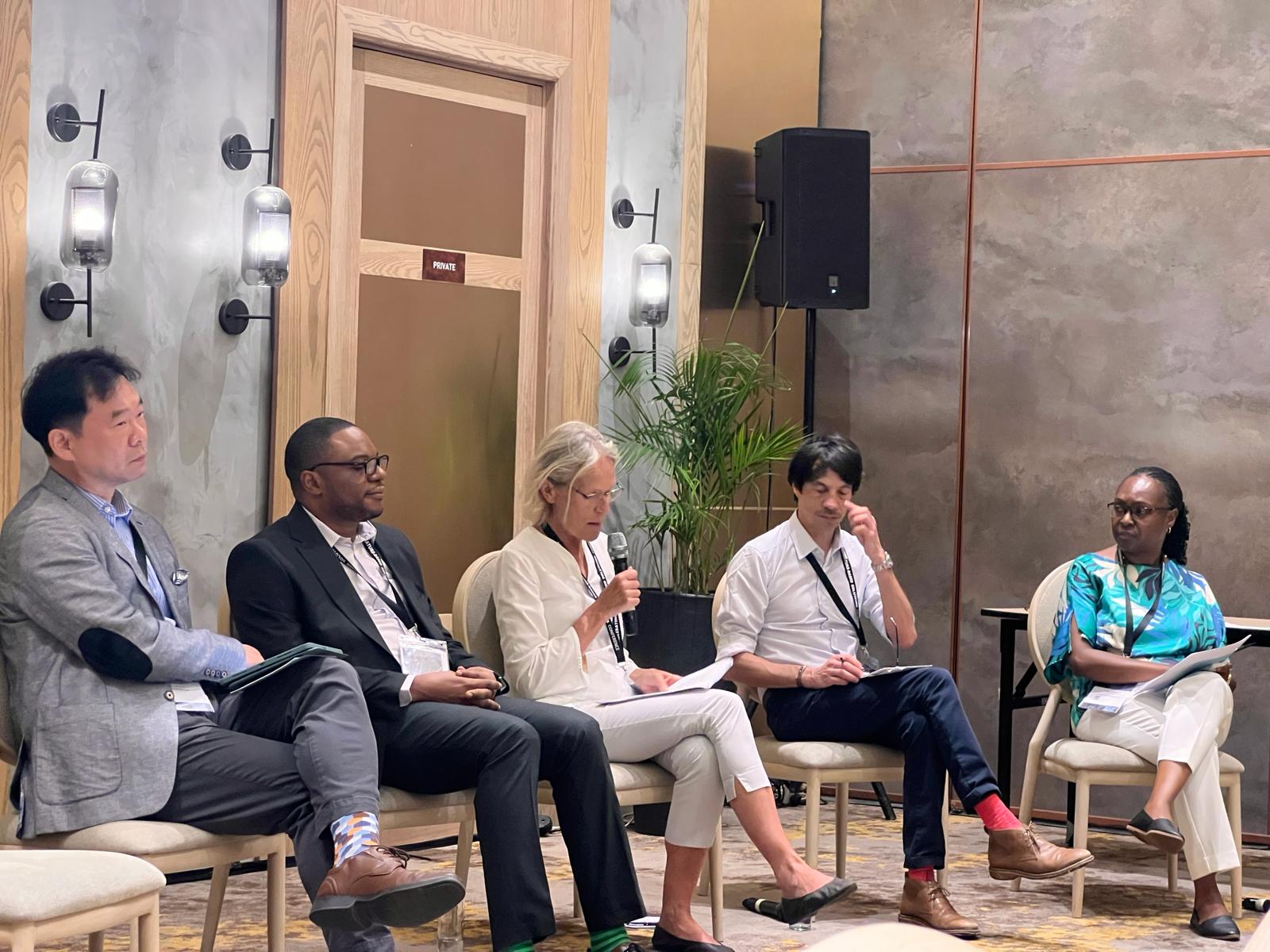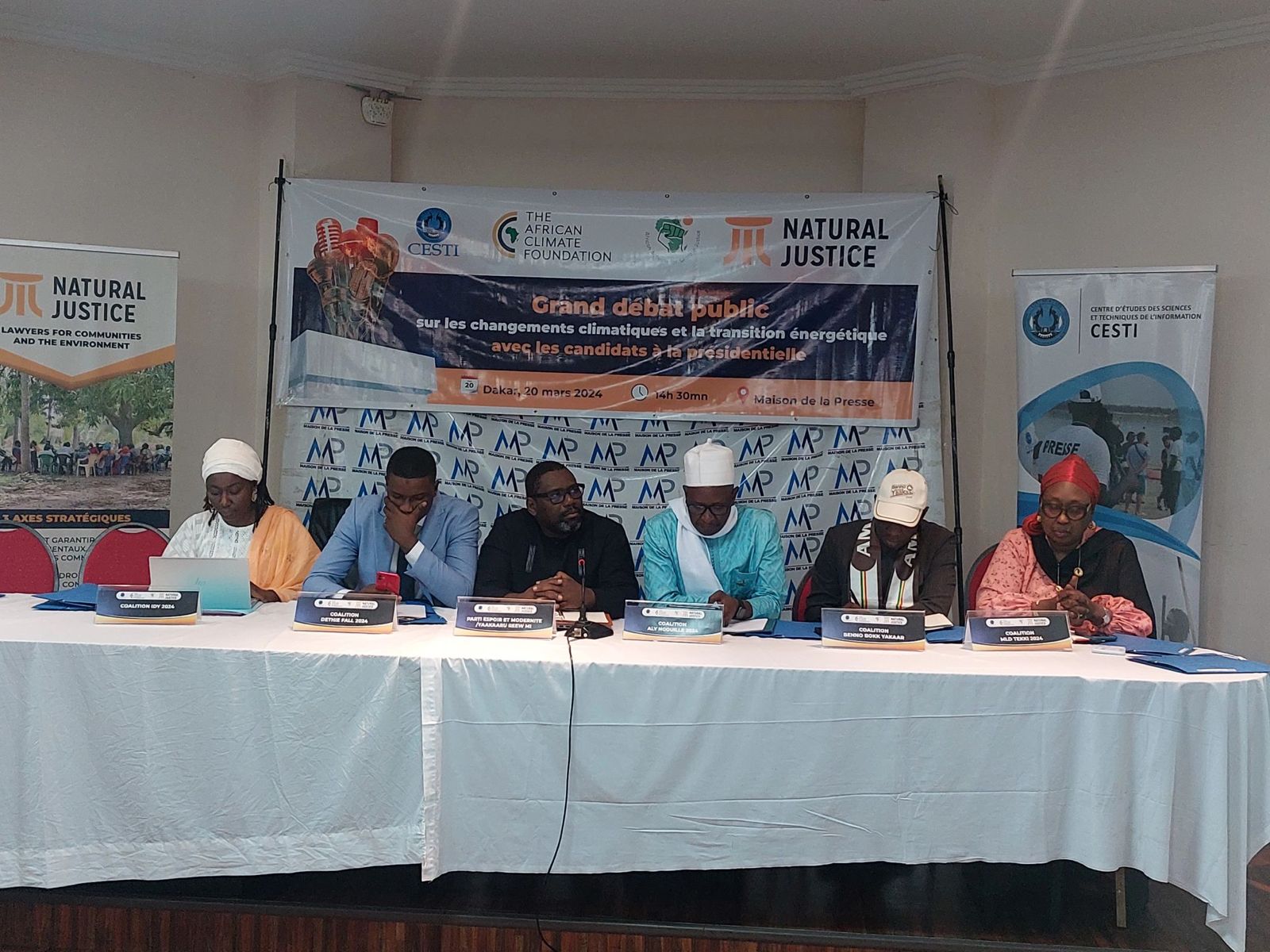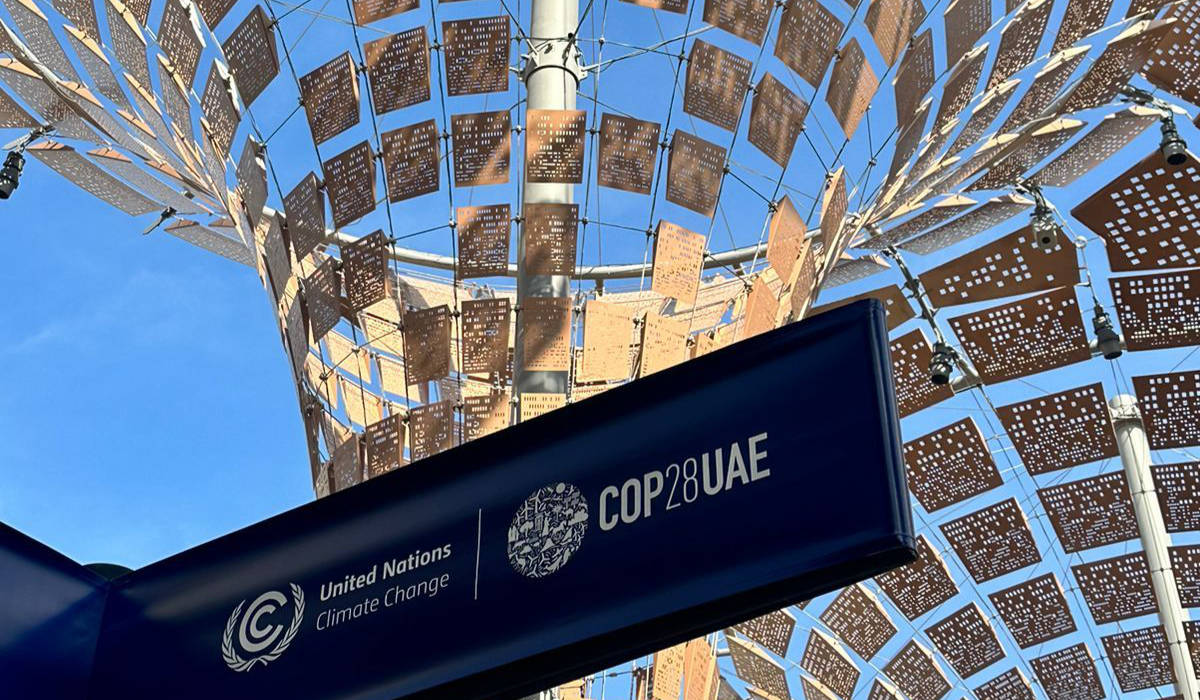Money took a leading role at COP27 on the third day, after the appeals of leaders at the opening of the climate talks in Egypt. It was official Finance Day on 9 November and delegates debated the types of finance needed for the climate crisis, how to access it, and who should be providing it.
The big discussions around finance probed loss and damage funding, which has become one of the unofficial themes of this year’s talks this far. But adaptation finance – equipping vulnerable nations to deal with the impacts of the climate crisis – was also keenly debated.
Traditionally Finance Day has seen a host of pledges rolling in, with COP26 setting the tone for big announcements. But this particular dialogue was around the implementation of the funds received and how to ensure promises are honoured.
Leading climate academic, Carlos Lopes told delegates at the African Pavilion that the debate around climate finance should be framed differently.
Risk and climate finance
Speaking at a side event jointly hosted by the African Climate Foundation, Africa Europe Foundation and NEPAD, titled Unlocking Access to Adaptation Finance, he explained that the risk of investing in fossil fuels should be viewed more prominently. The side event unpacked the capacity constraints and delved into the African-European adaptation partnership.
The question was raised of how to make investment more attractive, and why climate investment was still seen as risky.
“Why do you need to de-risk what everyone says is the future? It should be the other way around. It should be a risk to continue to invest in fossil fuels,” he said.
“We have systemic problems which have to do with the asymmetry in the international financial system which frames climate finance around de-risking investment.”
Lopes said the inadequacy of climate finance had to be bridged, while the efficiency of climate finance had to be improved. Climate finance also needed to be fit for purpose.
Catherine Collin, Head of Division at the European Investment Bank said in the session that scientific data was needed to assess the risk and that good projects attracted investment.
Loss and damage pledges
Finance day further saw a series of symbolic pledges, that delegates believed could build momentum at COP27. Climate finance includes funding for cutting emissions, adapting to inevitable climate impacts, and funding from rich countries for climate reparations, the so-called loss and damage issue.
The loss and damage issue is the most controversial of climate funding, with rich nations having blocked any discussions in the past, because they feared liability suits from vulnerable nations.
But the creation of a loss and damage fund is a key demand of developing nations at COP27. Climate activists have repeatedly warned that the provision of funding by rich nations, who are historically responsible for large emissions, to those vulnerable nations that have done little to cause the climate crisis is central to any success at COP27.
Refreshingly COP27 has already seen several pledges rolling in, showing vast progress on loss and damage compensation discussions.
Scotland, Denmark, Belgium, Germany and Austria all pledged loss and damage funding. At the start of the first week, Germany and Belgium commit funding to help developing nations facing damage and losses caused by climate change, committing €170 million and €2.5 million, respectively.
Scotland Prime Minster Nicola Sturgeon announced that Scotland will pay £5 million in climate change reparations.
Furthermore, Austria will provide at least €50 million to tackle loss and damage over the next four years, its climate ministry said. With New Zealand government announcing it was allocating NZ$20 million ($12 million) of climate funding to address loss and damage in developing countries.



